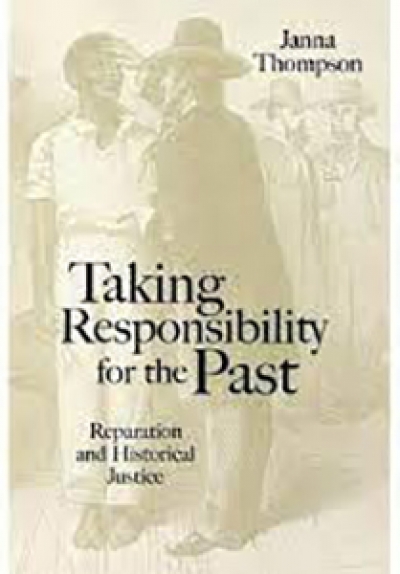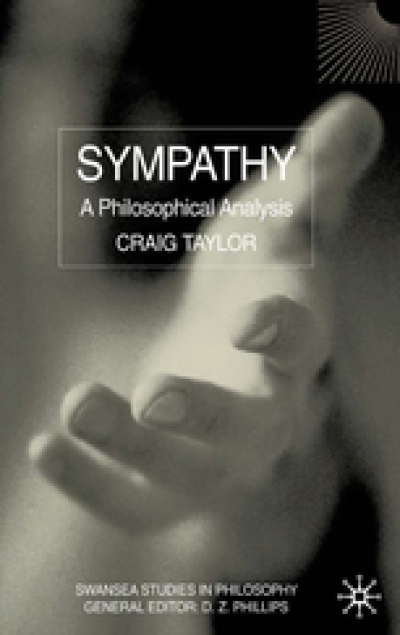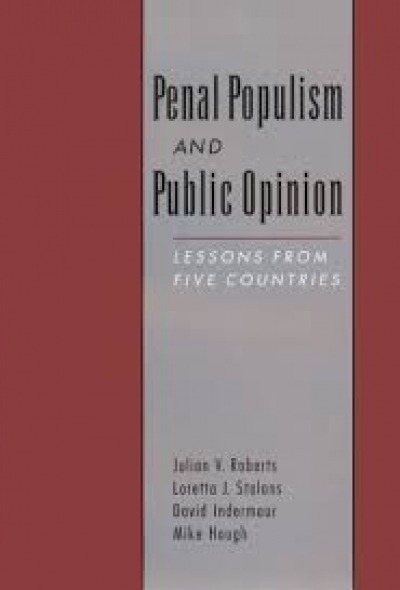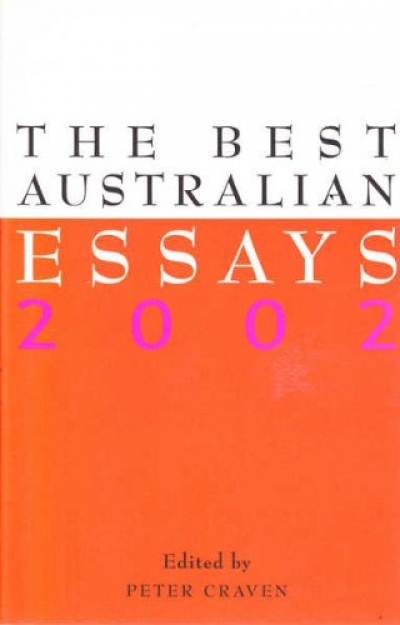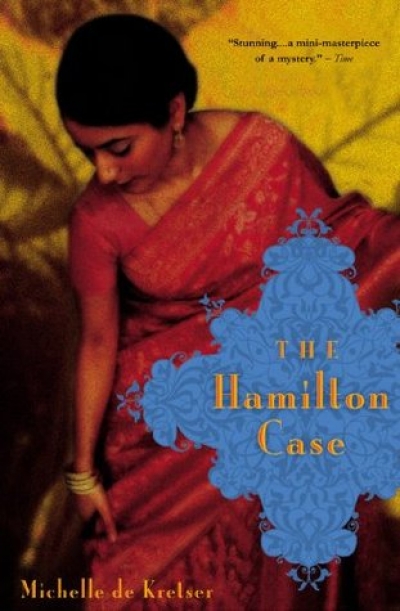In a number of guises, the question ‘why’ reverberated throughout my reading of Whatever the Gods Do: A Memoir. This book opens with Patti Miller describing her sadness at the departure of ten-year-old Theo, who is leaving for Melbourne to live with his father. We soon discover that the author has been Theo’s substitute mother for the past seven years since the tragic death of Dina, his birth mother and Miller’s friend. Dina suffered a brain haemorrhage when Theo was two years old. She spent thirteen months in a virtually immobile state before her death at thirty-eight. Why the vibrant, attractive Dina should have been struck down when she had so much to live for is a legitimate question, but, of course, an unanswerable one. Why Miller should choose to write about her own life through this incident is also worth asking. Few are more qualified than Miller to address the reasons for, and benefits of, life-writing: she has run ‘life stories’ workshops around the country for more than ten years. In her bestselling manual Writing Your Life: A journey of discovery (1994), she identifies various motivations for, and rewards of, life-writing, including healing and self-understanding, recording family and social history for future generations, remembering happiness and sharing one’s wisdom.
...
(read more)




